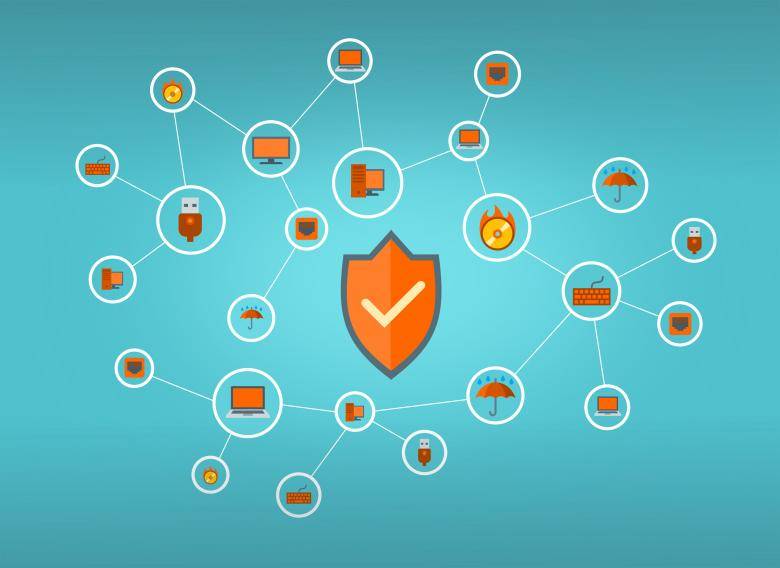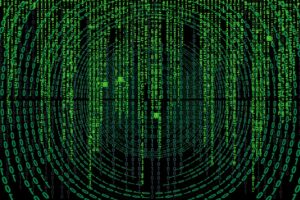
Malware Removal & Protection Services
Malware is an abbreviation of the phrase, “malicious software”. As the word suggests, malware refers to any kind of software which is made to do damage to your computer or the data you keep on your computer. While most people know that there are bad kinds of software out there and that it’s important to avoid them, we find there’s a couple of big misunderstandings out there about malware removal services.
- The first is the idea that malware is just another word for “virus”. While viruses are certainly one kind of malware, these days there are many other kinds you need to be aware of.
- The second is that all you need to do to protect yourself from malware is to install some anti-virus software. While this will definitely help, this won’t protect you from all malware threats.
Every nerd will tell you that knowledge is power. So, in this article, we’re going to power you up with the full scoop on malware! We’ll describe the wide range of malware lurking out there and we’ll set you up with a solid, well-informed strategy on how to keep it away from your computer.
Or, if you want the best available malware removal & protection without fuss and hassle, get a fully clued-up nerd to help you. We offer a complete malware removal and protection service. Call us at 1-800-919-6373 or fill out our contact form and watch your malware problem go away!
Kinds of malware and what they do: Malware removal services
Viruses
Most people are familiar with the term ‘virus’, as they’ve been around since the early days of networked computing. A piece of code in software is a virus if it reproduces and spreads itself every time it’s run. They can be harmless pranks but they can also be highly destructive in nature, damaging system and data files. These days they’re usually spread through email attachments and sharing infected files.
Red flags: There are lots of red flags indicating the possible presence of a virus. Data files and programs may stop opening. Your computer may experience poor performance and long boot times. You may find that your hard drive space mysteriously filling up. Your computer may crash frequently.
Click here to learn how we can help with virus removal.
Adware
Adware (also known as freeware) is software which typically displays unwanted advertisement and promotional information on your screen. It’s often bundled with other software which appears legitimate at first glance.
Red flags: Messages begin to pop-up on your screen, including when you’re not browsing the Internet.
Spyware
Once spyware is installed on your computer it operates secretly. Behind the scenes, it will track keystrokes and collect sensitive information, including passwords and financial data. It’s often bundled with free software or activated when a user clicks a link on a malicious webpage.
Red flags: Unfortunately, without anti-malware scanning software there are often few visible signs that spyware is installed. However, if you notice slowness on your machine or sudden changes to your browser or other software this may indicate the presence of spyware.
Click here to learn how we can help with spyware removal.
Ransomware
The end-game of ransomware is to lock you out of either your whole system or of your data files. The user is then required to pay to regain access. It’s frequently installed when a user activates a malicious email attachment or if they click a link on a malicious webpage. It’s important to note that paying the ransom may not result in you getting your data back. Paying up may also make you the target for future attacks.

Red flags: Ransomware is all about stealth. Unfortunately, most people find out when it is too late. Prevention, of course, is the best strategy. If you need more advice on ransomware prevention, ask a nerd.
Trojan horse
Trojan horse software is named after the legend of how Greek warriors infiltrated the city of Troy by creating a harmless looking gift (a wooden horse) which concealed a hidden threat (a bunch of bloodthirsty Greek warriors). Trojan horse software looks as though it is harmless but actually contains software such as adware or spyware which can harm your system.
Red flags: Because a Trojan horse is a delivery mechanism for malware, red flags are any of those described in this section.
Rootkits
Computer viruses are to rootkits as the common cold is to typhoid. They’re scary. Rootkits are usually installed either through a stolen password or by a hacker exploiting vulnerabilities in a computer’s operating system. They can also be activated when a user opens malicious software. Once a rootkit is installed, the hacker is allowed continual administrator access to the infected computer. It can deactivate security software and will allow the hacker to gain complete access to the computer’s files. They’re difficult to eradicate and difficult to detect.
Red flags: Like ransomware, rootkits are designed for stealth. However, a common red flag is that your anti-malware removal software suddenly stops working. Also, your computer may slow down and experience unusually long boot times.
Click here to learn how we can help with rootkit removal.
It’s important to bear in mind that these malware types aren’t mutually exclusive. For example, a piece of software could be a trojan horse which delivers adware and spyware to the infected computer. Also, malicious code designers are constantly trying to invent new ways of attacking vulnerable computers. Any such new methods might be an exotic combination of the malware approaches outlined above.
How to keep your computer safe from malware
A lot of people make the mistake of thinking that installing an anti-malware removal software package will automatically protect you from every kind of malware out there. Unfortunately, it just isn’t that simple. Very smart people are out there every day looking for new ways to circumvent your computer’s security. Combating malware takes a combination of experience, intuition, and the right tools. Thus, why you need experts when it comes to malware removal.
Experience and intuition
Is your computer behaving oddly? Computers are complicated beasts and it’s not unusual for your hard drive to whir at unexpected times or for your system to seem unusually slow occasionally. However, if you notice sudden and severe changes to your computer’s speed or reliability it’s important to pay attention.
It’s also good to continually exercise good judgment when it comes to odd links on websites, weird email attachments or pop-ups demanding that you ‘click here now!’ Before you click on any link or run any program, just take an extra second to ask yourself if something seems suspicious or unusual.
We’ve found this combination of experience and intuition is your best first line of defense against malware. Remember, you can always talk to us if you’re worried that something might be wrong with your computer but you’re just not sure. There’s no harm in getting an expert’s second opinion if your intuition is telling you something is wrong with your computer.
Here’s our contact form. Drop your friendly neighborhood nerd a line to tell us what’s bugging you!
Anti-malware removal tools
No malware removal & prevention strategy is complete without some powerful software tools in your computer arsenal. You can’t go wrong with any of these powerful, simple, and reliable anti-malware removal tools.

- Webroot: Works on Windows PC and Mac. Scans your computer for nasties and destroys them quickly smart. Offers continual protection against known malware threats. You won’t need malware removal when you have this protection software.
When a nerd’s malware removal know-how becomes necessary
While safe computing practices and using some good anti-malware software will protect you from the majority of malware issues, it’s important to bear in mind that malware infections can happen to anyone.
We’re experts at malware removal, protection and eradication.


